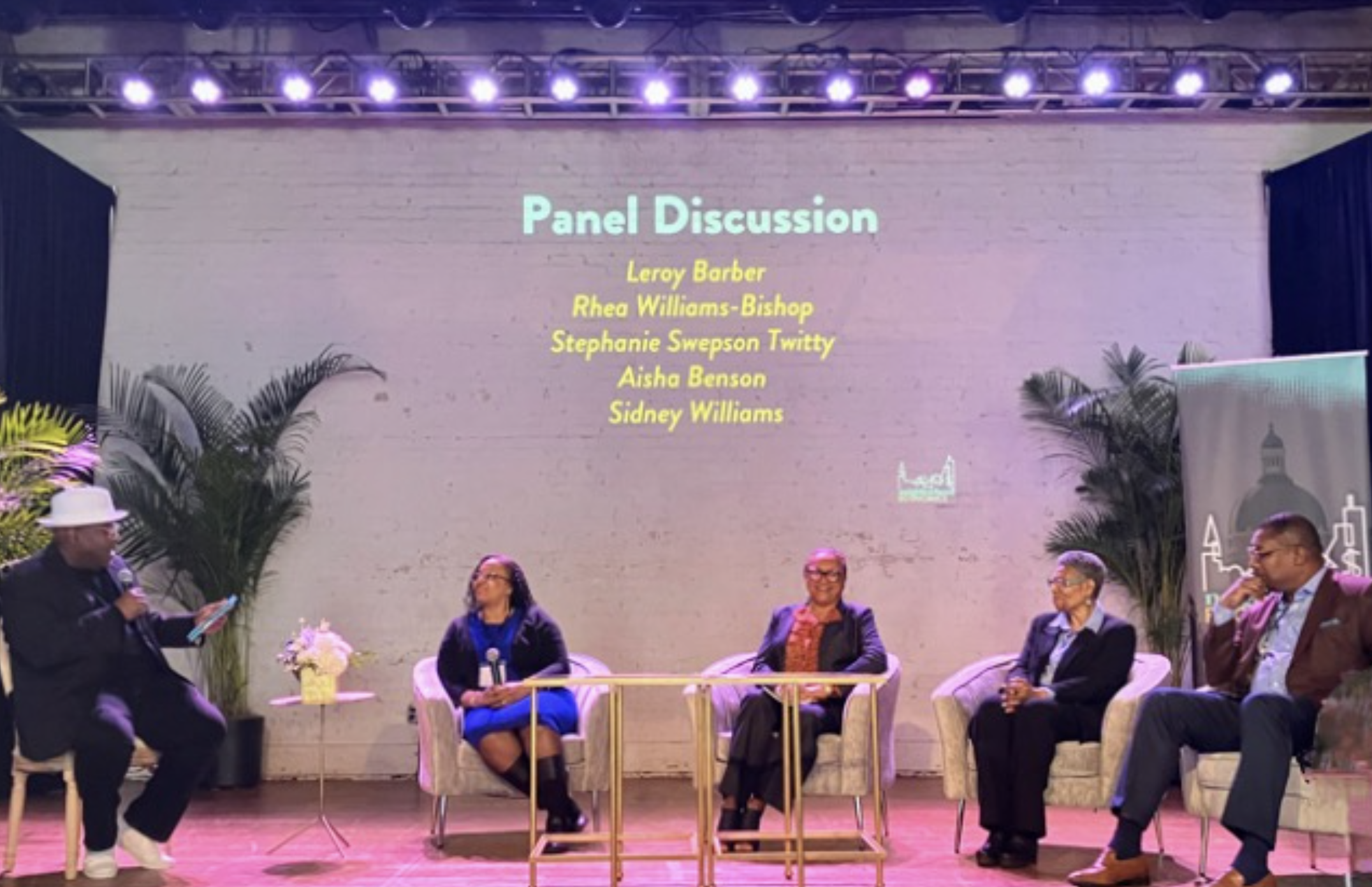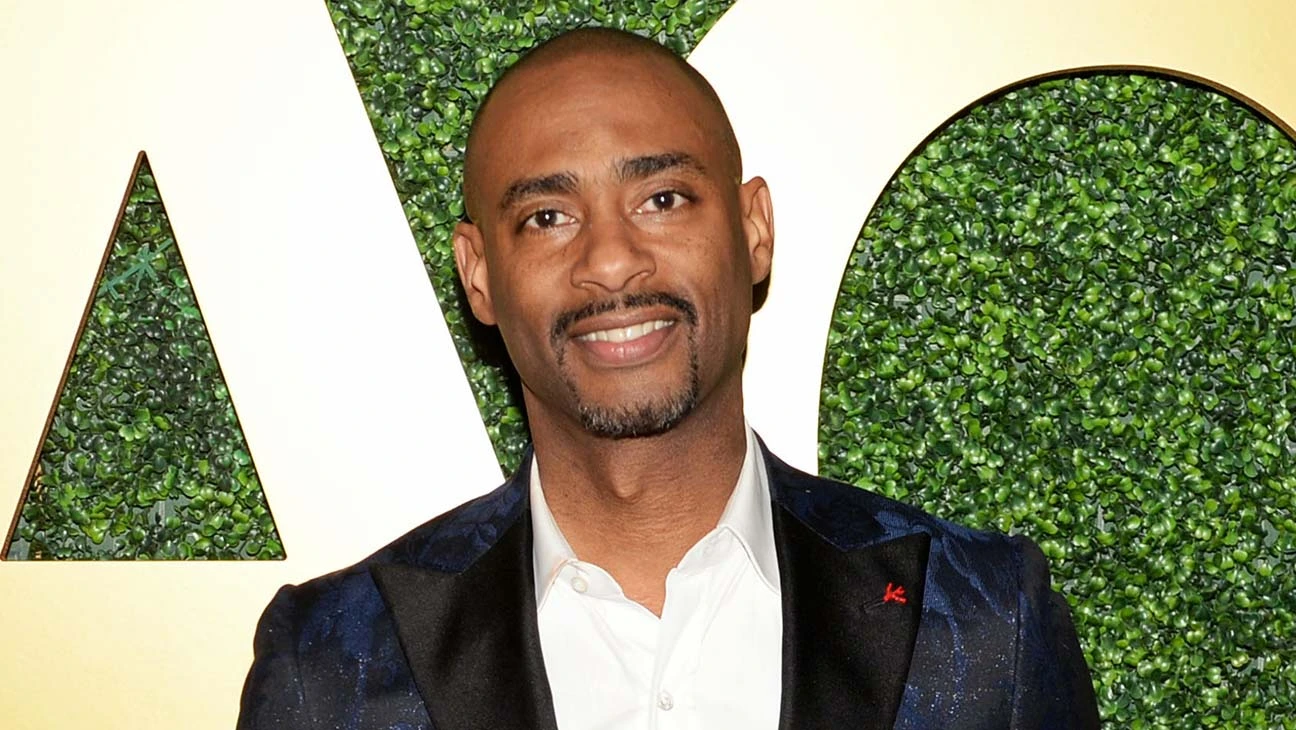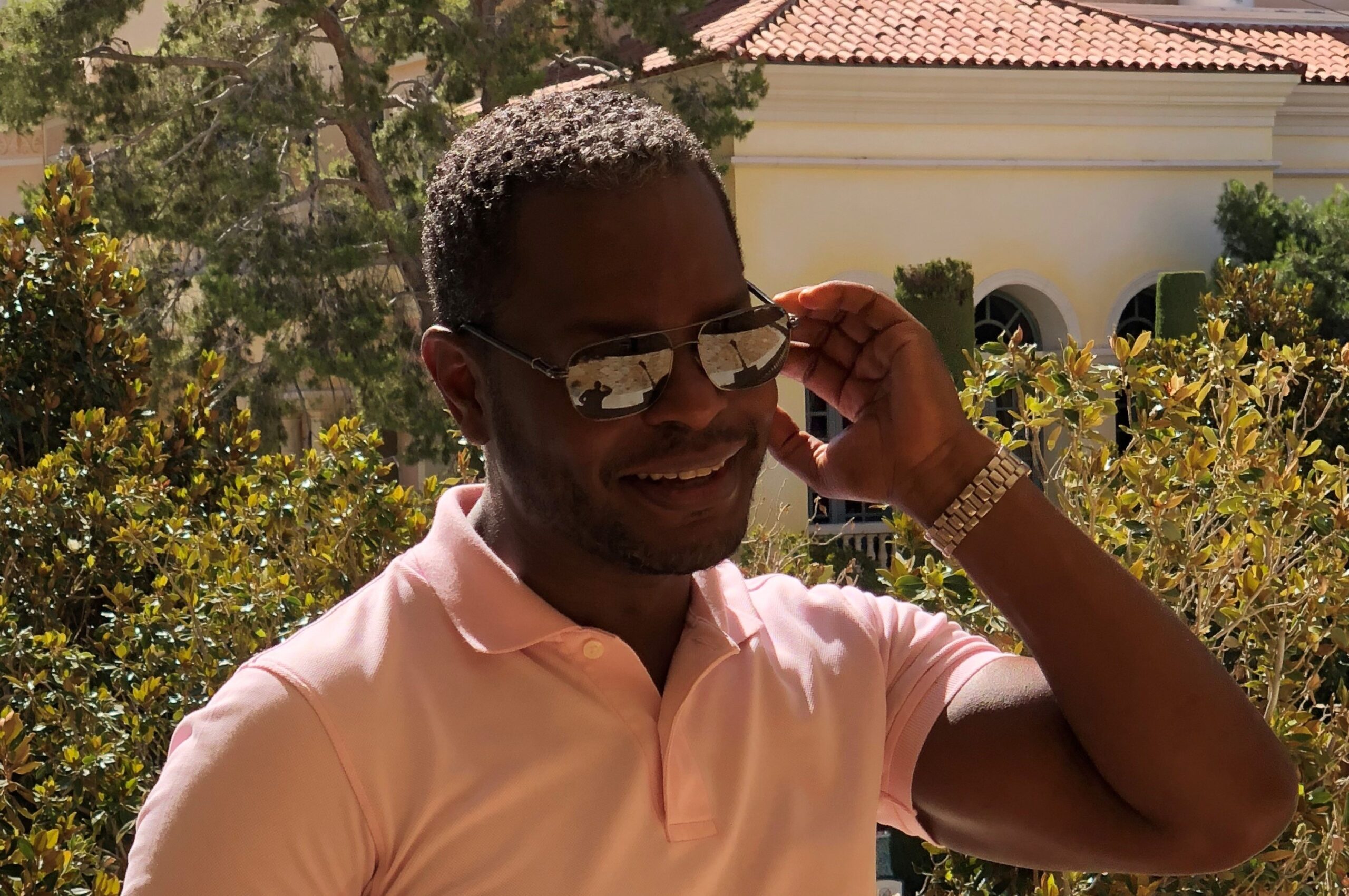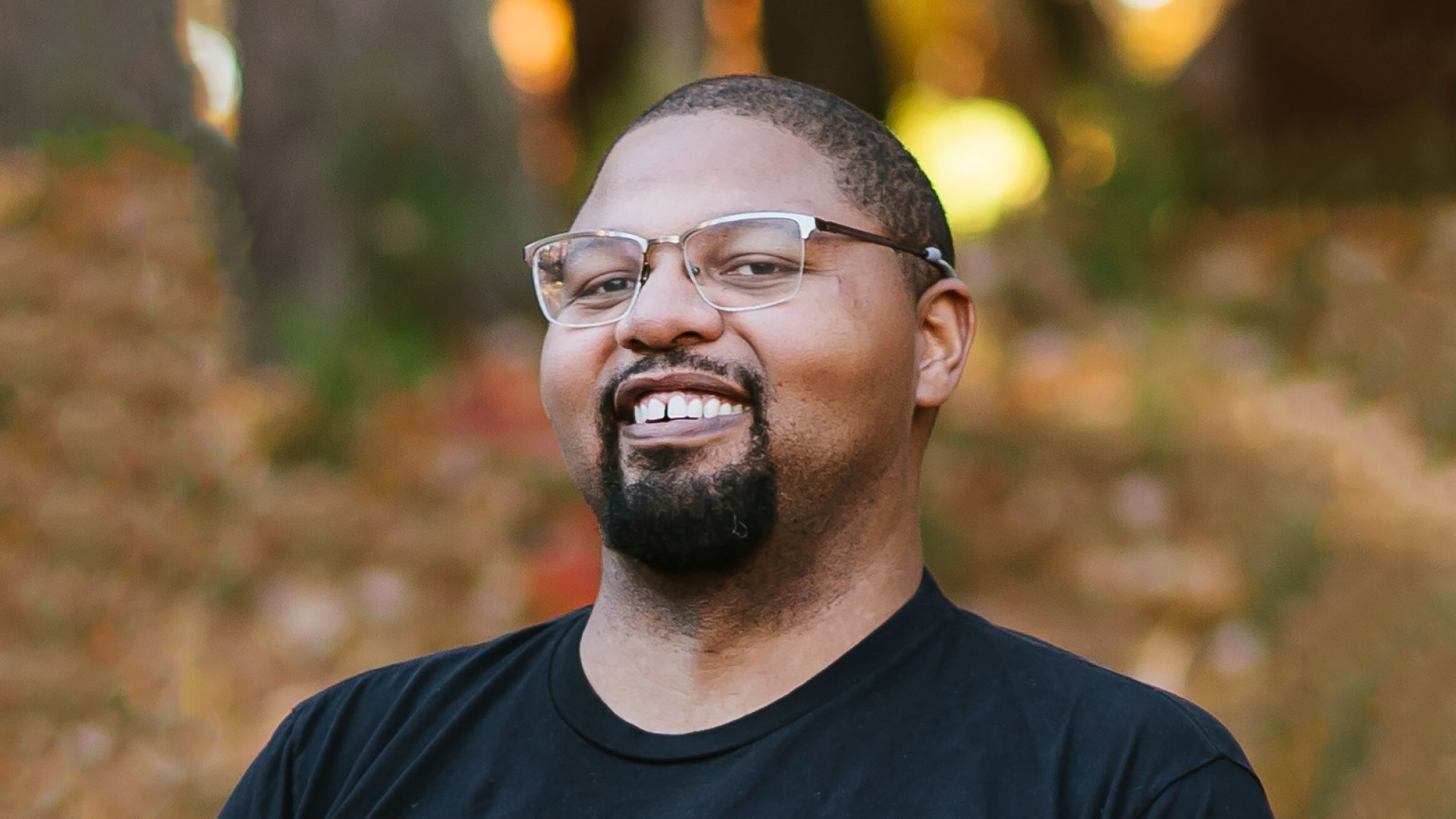ImpactAlpha August 23 – The overhauling of U.S. systems of mass incarceration to advance justice in criminal justice requires the leadership of people who have been directly affected by imprisonment, incarceration and injustice.
“We are proximate to the problem,” says DeAnna Hoskins, CEO of JustLeadershipUSA, who was a mother of two young children when she was incarcerated during her struggles with addiction in the 1990s. “If our voices are not heard, we’re going to continue to recycle this inequity.”
Hoskins spoke to host Monique Aiken for this week’s Reconstruction podcast about the lost leadership talent among people who have been arrested, incarcerated, or on probation or parole. More than 4.5 million Americans aren’t allowed to vote because of a past conviction.
Just Leadership’s programs, designed by and for those who have been directly impacted by the justice system, trains people in community organizing, leadership, and advocacy for criminal justice reform.
Hoskins is forthright about her own challenges. After her release, she earned degrees in social work, criminal justice and corrections and worked in the corrections systems in Indiana and Ohio. Later Hoskins took a role in the U.S. Justice Department to expand policies that reduce barriers to successful reentry post-incarceration.
Since 2018, she has led Just Leadership, a national nonprofit based in New York. The organization helped lead the #FREEnewyork campaign, which brought together over 150 organizations to demand reforms in pre-trial systems, such as eliminating money bail for non-violent felony charges and the right to a speedy trial. The campaign resulted in several legislative victories.
“How do we actually train communities across this country to walk into their greatness?” asks Hoskins. “Because we do have power as people. We just haven’t utilized that voice and momentum.”
Real reform
Hoskins weaves a complex tale of two Americas, calling out double standards that criminalize, dehumanize, and punish Black people more than white people for the same deeds at every stage of the legal process, from initial interactions with police to arrests, conviction, sentencing and beyond. That includes the doctrine of qualified immunity for police officers in shootings, the impact of money bail and the difference in treatment of people arrested for use of crack cocaine versus opioids.
The National Registry of Exonerations found that Black people are 7 times more likely than white people to be wrongfully convicted of murder and 11 times more likely to be wrongfully convicted of drug possession.According to the Equal Justice Initiative, the U.S. has 5% of the world’s population and almost 25% of its incarcerated population. The U.S. spent $87 billion on jails and prisons in 2015, up 1,000% from 1975.
The treatment of Black people in systems of incarceration is effectively a continuation of slavery, says Hoskins. “I always like to say, we just changed our clothes. We didn’t change the actor, we just changed our clothes.”
These systems keep the focus on punishment, rather than healing and prevention. Inadequate services for mental health and skills development undermine efforts to address underlying struggles that might affect future success, explains Hoskins.
In this tangled web of oppression, “it’s easy to silo criminal justice,” Hoskins says. “It’s easy for people to say ‘That’s not my issue – they committed a crime, do your time,’ right?
“But no. Has someone looked at the survival mode I was in that led to the activities that landed me there?”
Drawing on her own story, Hoskins shares how lived wisdom informed her understanding of the connections between policy and large-scale inequity. “I started understanding policy and how it played out in marginalized and Black communities,” she explains.
For example, systems were designed to work against her healing and harmed the well-being of her family. When she came home, her children struggled to feel connected to her and manifested their own traumas from separation. Biases against formerly incarcerated people also worked against her economic security when she was back at home, blocking her from jobs that matched her skills.
“And I think that broke for me that we are allowing society to hold us hostage on our path,” Hoskins reflects.
Lived wisdom
Such insight has been key to advancing meaningful criminal justice reforms in the last few years. The 2018 First Step Act, the first federal reform act in over a decade, sought to cut unnecessarily long federal sentences and improve conditions inside prisons.
At the state level, New Jersey, Indiana, and Utah adopted legislation to reduce sentencing enhancements in “drug-free” school zones, which disproportionately target people of color in urban areas with many schools. Oklahoma’s House Bill 1269 recategorized low-level felony drug and property offenses as misdemeanors. And states including Colorado, Nevada, and New Jersey have expanded voting rights for citizens caught in the justice system.
Asks Hoskins, “Can we uproot this tree?”
Just Leadership and many others have organized or supported successes around the movement to eliminate the check box asking job applicants whether they have a criminal record. Called “Ban the Box,” the movement started in the 1990s and falls under Just Leadership’s #WORKINGfuture campaign to address the 45,000 or more laws or statutes that result in unjust treatment of people with records.
After her release, Hoskins went on to become a case manager for the Indiana Department of Corrections and, a few years later, director of re-entry for Hamilton County, Ohio, which includes Cincinnati. She is an alumni of Just Leadership’s Leading with Conviction, which has provided leadership training to at least 160 formerly incarcerated people in advocacy and community organizing.
In 2016, Hoskins joined the Department of Justice under the Obama administration as a senior policy advisor and deputy director of the Federal Interagency Reentry Council, which coordinates among 20 agencies. Hoskins left government in 2018 to join Just Leadership.
“I really felt I had arrived. But I realized it was bigger than that position for me. It was around my voice being heard, and the voices of all those on the ground,” she says. ““And that’s what I want to leave for my children and my grandchildren. That no matter the battle, no matter the struggle, your authentic truth, your integrity must stand.”
This podcast is part of ImpactAlpha’s new podcast series, The Reconstruction. Find episodes of The Reconstruction podcast, and all of ImpactAlpha’s coverage of racial justice and inclusive prosperity, on The Reconstruction landing page.











